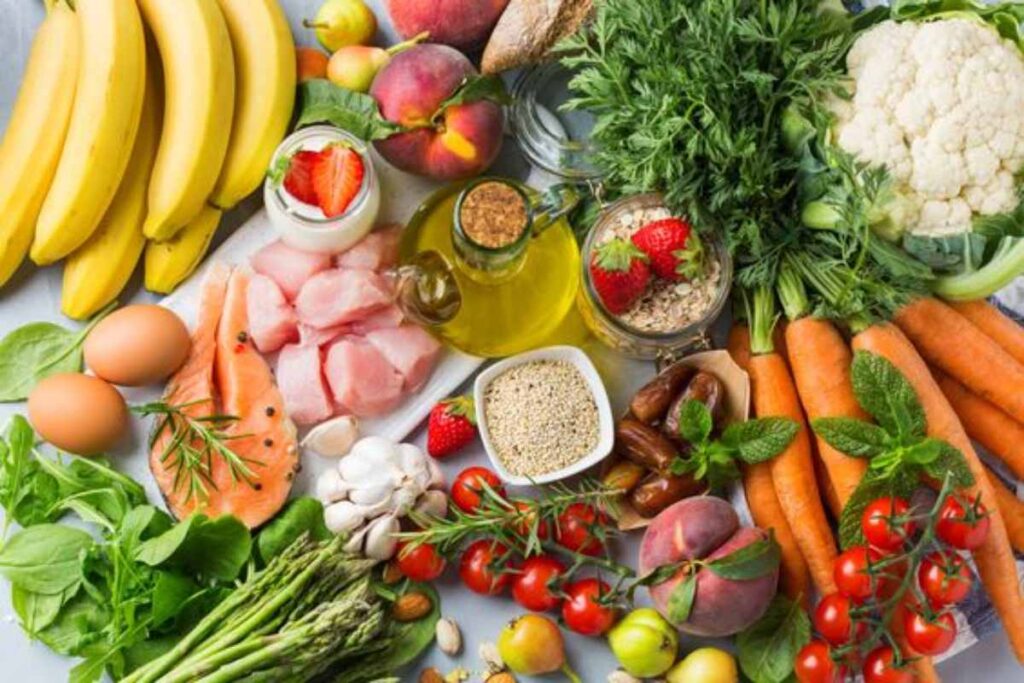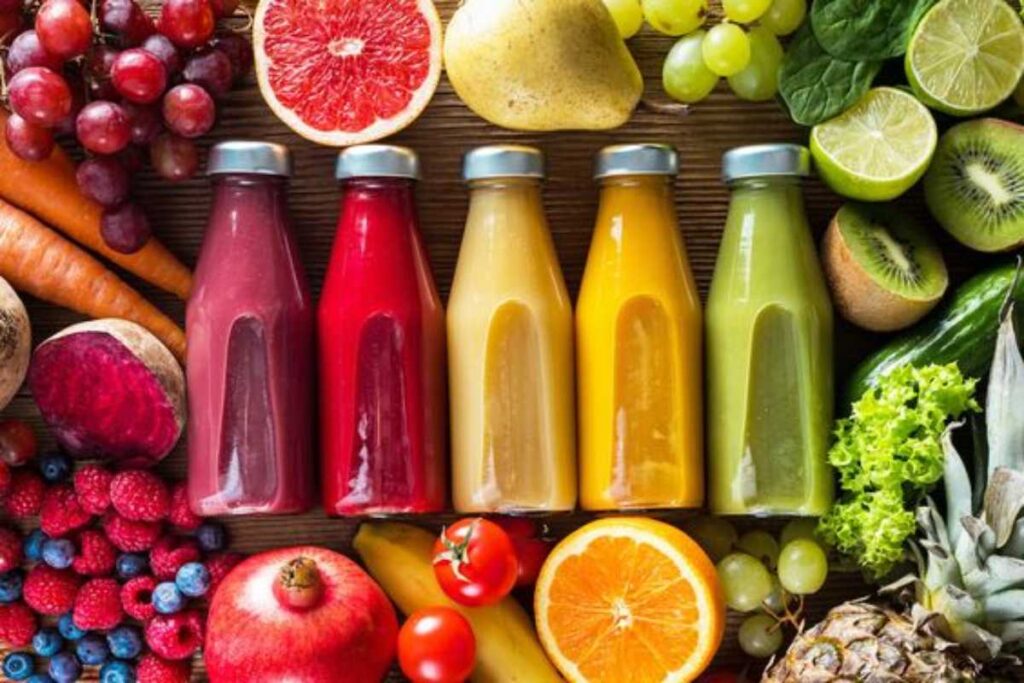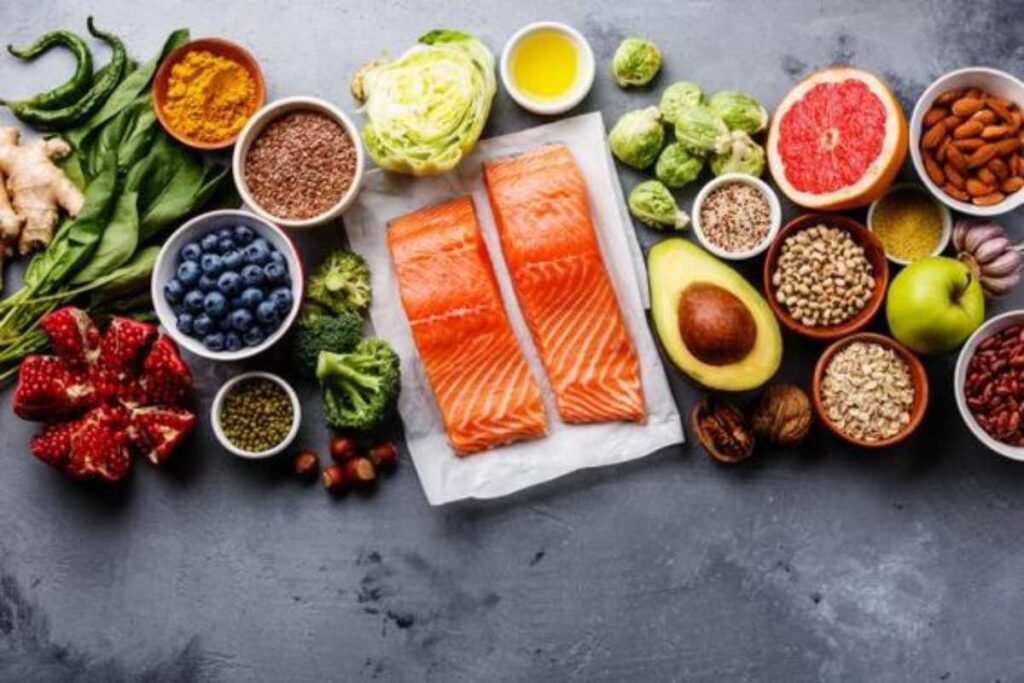Did you know that plant-centric diets are the best for human health? This type of diet helps reduce the risk of chronic diseases like heart disease and cancer. Aside from plant-centric diets, pro-vegetarian diets are another diet that lowers the risk of cardiovascular disease mortality.
According to research, people who moderately keep to pro-vegetarian diets experience a 53% lower risk of cardiovascular disease mortality. Now, the big question is? What diet is linked to a longer life and lower risk of heart disease? To know the answer to this question, keep reading.
What Is a General Pro-Vegetarian Diet?

A general pro-vegetarian diet is one that contains mostly plant-based food but doesn’t exclude some animal-based food like meat or fish. According to Prof Maria Bes-Rastrollo, people who choose plant-based food with meat always end up eating a large quantity of meat.
This meat is usually the size of a chicken breast, which isn’t right for your health. To create a balance, she advised that animal-based food should be reduced, and individuals should prefer eating plant-based foods more. Examples of general pro-vegetarian diets are more vegetables, legumes, nuts, and seeds.
ALSO READ: What Are the Pros and Cons of a Pescatarian Diet?
It also includes moderate amounts of fish, chicken, turkey, processed foods, and added sugar. The general pro-vegetarian diet also consists of the DASH Diet. Anyone on a DASH diet eats more vegetables, fruits, whole grains, and low-fat dairy products. This diet reduces the intake of processed foods, sugary drinks, red meat, and added sodium.
Another category of general pro-vegetarian diets is the MIND diet. This diet combines some aspects of the DASH and Mediterranean diets. Furthermore, the MIND, DASH, and Mediterranean can also be considered pro-vegetarian diets as they benefit health.
What Makes a Healthy Pro-vegetarian Diet?
According to Menka Gupta, a healthy pro-vegetarian diet includes plant-based proteins like legumes, green vegetables, fruits, whole grains, and tofu, as well as healthy oils like coconut and olive oil.
Furthermore, a healthy pro-vegetarian diet doesn’t totally exclude the consumption of deep-fried, processed foods and unhealthy fats. A perfect example of this diet is brown rice with spinach and tofu.
What Makes an Unhealthy Pro-vegetarian Diet?

Unlike healthy pro-vegetarian diets, unhealthy pro-vegetarian diets include majorly processed food. Processed food is simply food that has been altered from its original state. According to Gupta, an unhealthy pro-vegetarian diet contains high sugar, refined grains, and unhealthy fats.
ALSO READ: The Impact of Intermittent Fasting on Heart Health
A good example of an unhealthy pro-vegetarian diet is white toast with processed jam and carbonated drinks. However, another researcher, Blank, explained that any food labeled as an unhealthy pro-vegetarian diet depends on how it is processed and cooked.
For example, food is always cooked in unhealthy fats. Also, Blank mentioned that fruit juice mostly has natural sugar and lacks the fiber available in whole fruits. So, focusing just on that can be unhealthy.
Furthermore, unhealthy pro-vegetarian diets are known to be high in sodium, which isn’t good for human health. High sodium can cause cardiovascular disease, hypertension, or stroke.
Vegetarian Diets Don’t Cause Cancer?
Blank mentioned that the study done to find out if vegetarian diets cause cancer wasn’t a large study. This doesn’t mean that there isn’t any link between vegetarian diets and cancer. However, different things have to be considered.
The researcher says the study done to check if vegetarian diets can cause cancer wasn’t a large one, so it isn’t enough to make conclusions. On the other hand, not so many cancer deaths could reach statistical significance. Also, concluding the natural cause of developing cancer is something that will require a long-term process.
Blank mentioned that 12 years wouldn’t even be enough to come up with the natural cause of cancer as there’ll be different changes over time. She also added that the risk of cancer can be increased due to various factors.
These factors include microplastics and pesticides found in food items. “These properties take a long time at the DNA level to create the changes that would later lead to cancer,” Blank explained.
You Might Also Like:
99 Cents Only Stores To Be Reopened as Dollar Tree Stores After Bankruptcy Filing
National Weather Service Warns First Heat Wave of the Year Could Hit over 100 Degrees in the West
Cardi B’s Met Gala Dress: 10,000 Feet of Tulle and a Stairway Showstopper
Sydney Sweeney Stuns in Bold, Nearly Pantless, Waist-Snatching Outfit
